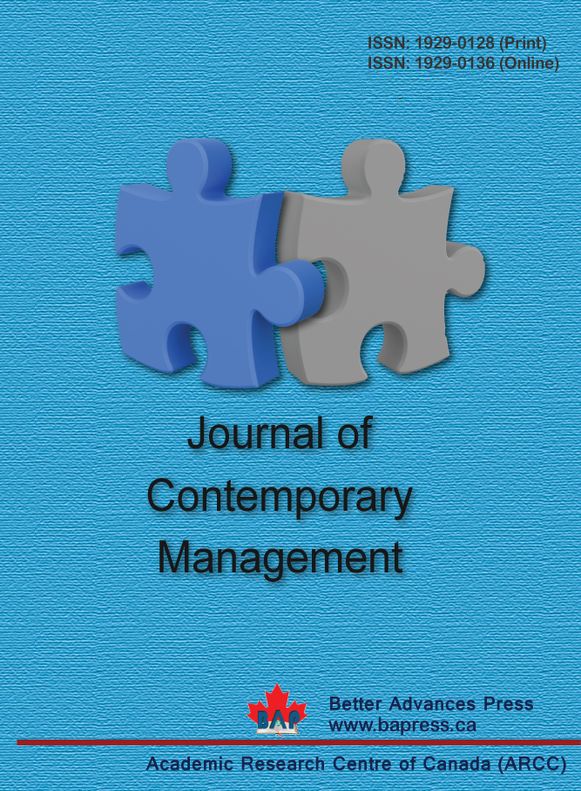Are Acquirers Efficiently Priced? Evidence from Subsequent Earnings Announcements
Abstract:
We adopt a model-free measure of long-run abnormal returns, the subsequent earnings announcement-period abnormal returns, to examine the price efficiency of acquirer stocks involved in mergers and acquisitions. We find strong evidence of both overreaction and underreaction. First, the market underreacts to acquirer valuation information. Overvalued acquirers earn lower returns at the announcement period as well as during the long-run period following the announcement. Second, in deals involving public targets, the market underreacts to stock payment information, as both announcement-period abnormal returns and long-run returns are lower when stock is used to pay for acquiring public targets; in private deals, the market overreacts to stock payment information, as announcement-period abnormal returns are higher if stock is paid for private targets but the long-run returns are significantly lower. There is also evidence that the market incorporates information regarding asset relatedness mostly over the longer term. The overall evidence suggests that acquirers are not efficiently priced at the announcement period.
Keywords:
Efficient market; Mergers; Acquisitions; Long run returns; Earnings announcements
JEL Classifications:
G31, G34, G40
Citation as:
Goukasian, L., Huang E. J., Ma, Q.Z., and Zhang, W. (2019). "Are Acquirers Efficiently Priced? Evidence from Subsequent Earnings Announcements", Review of Economics & Finance, vol.16, no.2, pp. 15-30.




 This Journal is under the license of CC-BY-SA.
This Journal is under the license of CC-BY-SA.